There are many areas in personal finance that we agree upon. However, there are other areas where we disagree. That’s why it’s called personal finance because it’s personal to your situation.
I asked 29 Personal Finance Bloggers what their unpopular opinion regarding finances was.
What’s your unpopular opinion regarding personal finance?
29 Unpopular Opinions in Personal Finance
Net worth doesn’t matter as much as you think. If your young, focus on increasing your income. Work hard and become a creator. Build your wealth through a business.
The Backdoor Roth is not all that it’s cracked up to be.
Probably my most unpopular personal finance opinion is that I don’t think you need to adopt an extremely frugal mentality to be financially successful.
I Dont like Dave Ramsey’s advice! Dave’s tough love approach can be discouraging to people who are struggling. Additionaly, he often advocates paying down debt aggressively apposed to saving fro retirement via tax deductible plans such as a IRA or 401k.
That a percentage of your wealth should be invested in physical precious metals
Smart investing is often the better financial decision than paying off your house.
I think dividend investing is a bad investment strategy if you’re looking to grow wealth by investing in companies who seek to return capital to investors.
The math will tell you that paying off your debt as opposed to investing isn’t the ideal decision if your interest rate is lower than average market returns or a set number like 5%.
Do not pay off your mortgage early: There are polarizing view on this subject. I am with the “not paying off the house” view. I believe my money can be better used to invest, especially considering the long-term horizon that I have. Perhaps I will change my tune once I am older.
I buy new cars instead of used. In my teens and early 20’s, I had a few different used cars. There was always something that needed to be fixed and they wound up costing a lot of money. I prefer to buy new cars that are on the cheaper side and with very few options to keep the price down. I had a 2002 Saturn that I bought for $10,000 and drove for 10 years. Now I have a 2012 Mazda3 that I bought for $16,000 and will probably drive for a few more years. Both of those cars have been extremely reliable and I’ve had to put very little money into them.
There is such a thing as good debt.
I believe that nobody knows whether the stock market will continue going up in the future. Just because it has bounced back in the past, doesn’t mean anything.
The standard emergency fund advice of “3-6 months worth of expenses” is completely overkill for all but the most beginner of investors. Worse, an emergency fund of this size costs the average person more than $800,000 over their lifetime in opportunity cost.
Don’t buy something if you need to use debt for it. This means we should not use credit cards to make purchases if we don’t have the money to pay the credit card bill in full the very same month. I’m not saying we shouldn’t use credit cards at all, because they offer lots of advantages, but I’m not a fan of using them if they result in debt, even the smallest amount. The same goes for long term loans to finance home purchases, even though you’re doing so to acquire an asset. I’m fashioned this way 🙂 I would rather save enough to buy a small place than finance a larger home.
I disagree that married couples need to have joint bank accounts. Many will say that getting married means combining all finances but I think there are good reasons for keeping accounts separate.
Annuities are a poor investment choice.
Your personal home is not an investment. It’s just a place to live.
When I started taking control of my personal finances in 2014, I still had almost $50,000 in debt. Yet, over the years I’ve read a lot of content about paying all your debt down as fast as possible. However, I found that I would have had nothing saved and would have missed years of great compound interest and returns in the market. Instead, I chose to pay down my debt on time and occasionally maybe add a little bit extra. I instead was more aggressive on saving and investing. I also then worked on my career worth, which then paid off in 4 years where I increased my salary dramatically. This allowed me to start paying more towards debt (I paid my car off) and could save even more aggressively. Additionally, because my payment history was in good standing, those loans by not being paid off immediately created a great history of credit and my score has been above 750. It may not be the best way for everyone and tackling debt first is something I hear often, I went in a different direction.
Don’t pay off debt. A lot people think that debt is bad, but if you are smart, you can use it to your advantage.
I think experiences are the things of the new generation. We replaced one want with another and act as if one is better than the other. Travel and doing things(concerts, etc) are now somehow required to live a good life much like having the latest car used to be required to live a good life. It’s the new keeping up with the jones’ and the marketing is out there to convince millennial that they’re not living their life correctly if they’re not doing stuff. Life isn’t about owning stuff anymore, it’s about doing stuff. Why buy that stupid big TV when you could spend it on a trip to New Orleans and experience the culture! Social media is the new television advertising with Instagram being the leader in making you feel bad about not being out there and experiencing all life has to offer.
Everyone says debt is something you need to pay off right away, but few realize that low-interest debt might be a great thing to have. For example, let us say you get a 30-year mortgage at 3.5%-4%. If the market increases 8-9% on average each year, odds are high your net worth will end up higher by not paying off your mortgage early, and instead investing that money.
I think those of us with well-established financial means should have an emergency PLAN instead of an amorphous emergency FUND. Why? There’s no sense in leaving a huge wad of cash to sit there “just in case”. It’s way more optimal to only have enough cash to pay for known expenses, then rely on other means to cover the statistically rare real emergencies. I have lots of great references to back this up on my article!
Getting a tax refund is actually beneficial for many Americans. Getting no interest can still be a net positive for many who would otherwise spend some of the money coming in throughout the year.
“I decided not to max out my 401k for my first few years working because I wanted more flexibility with my savings–whereas the traditional advice would be to max out retirement savings ASAP to get maximum compounding.”
You don’t need an emergency fund stowed away in a savings account. Of course, if this helps you sleep at night, then by all means. However, when you do the math, the opportunity cost of money sitting on the sidelines is quite high. And you can always withdraw funds from your personal brokerage account, Roth IRA, etc. when needed (although not ideal).
Automating your personal finances is a mistake
Investing in 100% equities isn’t always the best option for those wanting to invest their money in the stock market. While the math may say that its the best way to maximize returns it may just be too volatile. I found myself listening to the personal finance community say invest 100% in equities and just couldn’t take the plunge.
Don’t buy coffee:
The occasional cup is okay of course but if you really like your cup of Joe in the morning then consider brewing it instead of buying it. The average bought coffee cup can cost anywhere from close to 2$ to 3$ and above. Instead, brew a cup at home for as little as $0.25 a cup and save thousands of dollars per year.
There is value in signaling and “keeping up with the Joneses.” If you work in a career where projecting success is important, such as real estate, it’s important that you project an image of success because you need current and future clients to have a sense of confidence that you are able to fulfill their needs. It’s hard to project confidence if you are signaling that you’re a frugal person – rich successful people don’t, necessarily, have to be frugal. This isn’t to say being frugal is bad, it’s not, but it’s also not considered a strength in our society right now.
What Do You Think?
Do you agree with these personal finance bloggers? What do you agree with and what do you disagree with?
What’s your unpopular opinion?
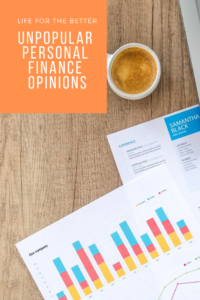
We use Personal Capital to track our net worth. We simply connect our assets and it tracks everything for us! Our net worth, cash flow, budget, investment fees, retirement planner, and more are tracked through this site. It’s completely free too! Sign up for free and receive $20 when you open an account!
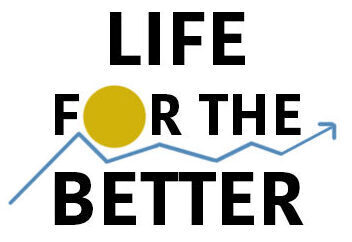
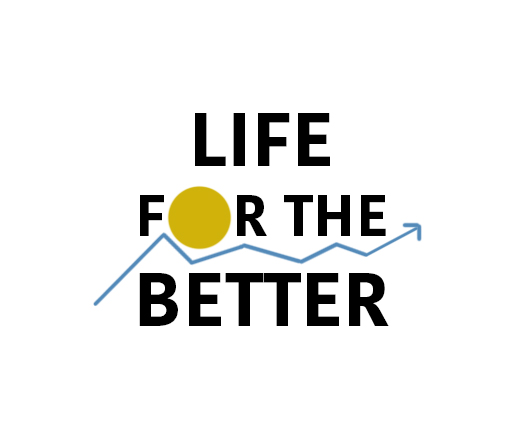
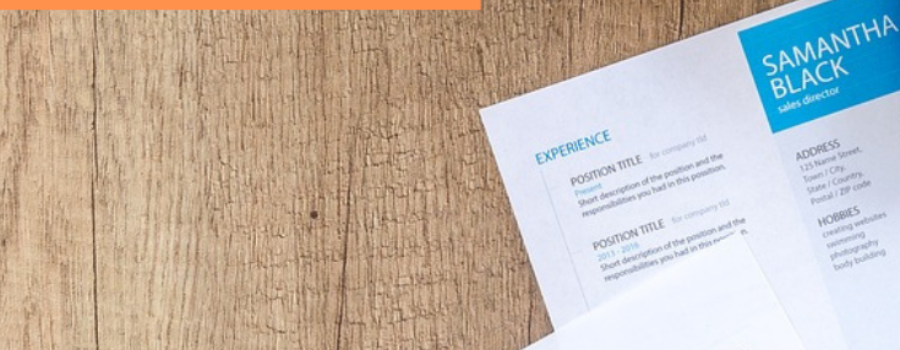
 Millionaire Mob
Millionaire Mob 

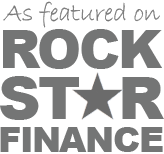


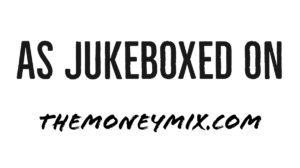
The Poor Swiss, you are killing me. I am going to need a post on why automating your finances is a bad idea. I can’t see it, please enlighten me.
Sometimes I feel like you should be able to shut down a website if you put it to a vote and get enough compared to their viewership. It seems like this writer of this article took one sentence out of context of all these opinions, bad grammar and all, without trying to involve real journalism or even an opinion. This website is garbage. I hope Google never serves me any of their “news stories” again.
Thanks for your opinion! You’re 100% correct, I should have added my own thoughts to each unpopular opinion. I will go through and revise it in the upcoming weeks. That thought never crossed my mind, to be honest with you.
I didn’t take one sentence out of context though. I asked each one of these personal finance bloggers what their unpopular opinion was in personal finances.
Thanks again for your opinion and ways I can improve. I’ll take any feedback you may have.
I’m with Marc (Vital Dollar). Cheap new cars are the way to go.
Hey! Very Helpful Content. Thank you for sharing us such opinions about Personal Finance. I think everyone must think twice before making money. Thank you for such valuable information. Keep Updating.